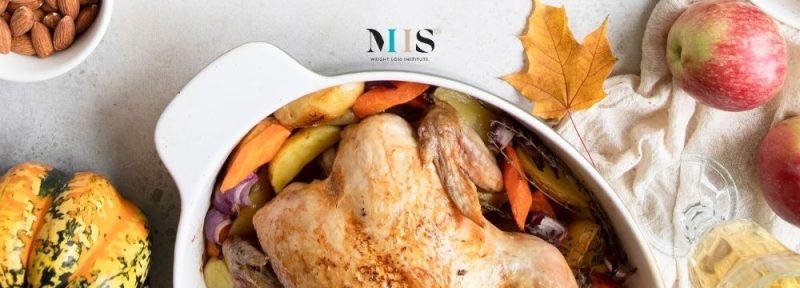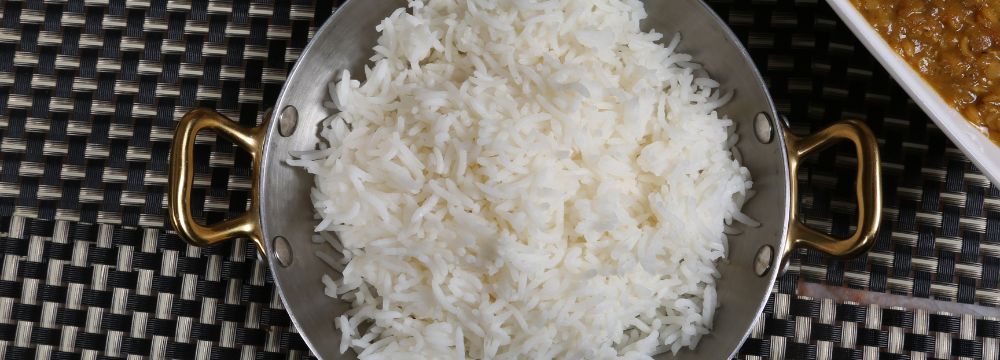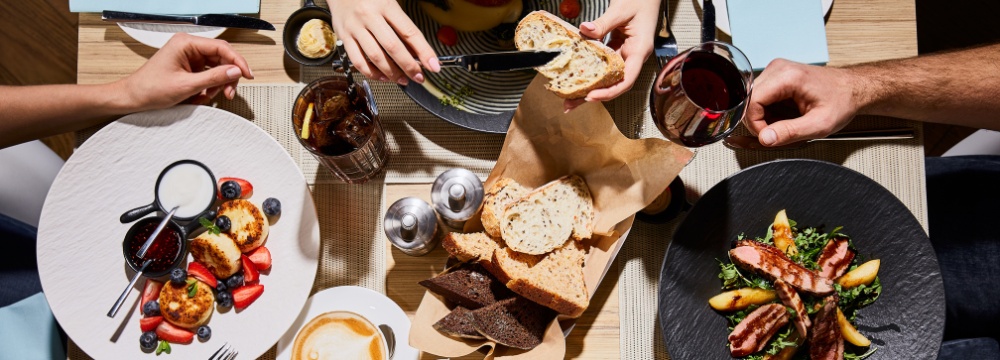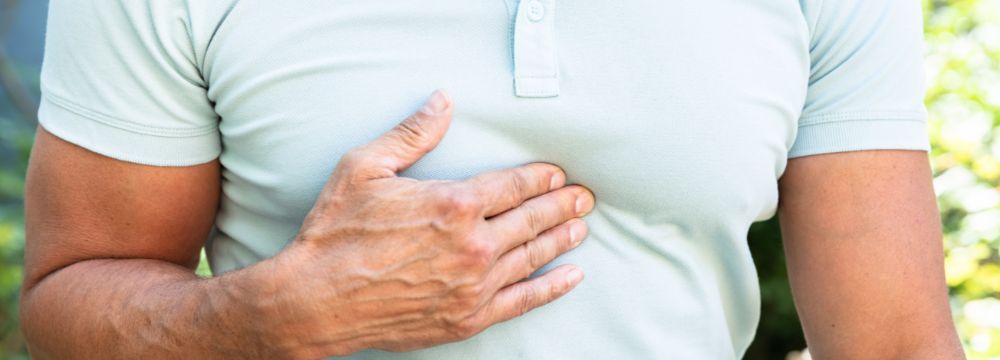After Bariatric Surgery
Thanksgiving is a wonderful time. It is a time that we gather with family and friends and simply enjoy each other’s company. As with most holidays, Thanksgiving involves a great deal of eating. It’s unlikely that any of us haven’t overindulged in the past and felt guilty about it the next day. However, for a bariatric patient, Thanksgiving can be particularly daunting. Setbacks are often harder to bounce back from and the temptations to give up strict lifestyle changes are very real. This is particularly true for patients later on in their bariatric journey when motivation may not be as high, and the weight loss may have slowed or plateaued. However, Thanksgiving and other major holidays are a great time to strengthen your resolve and lose the guilt.

How, you ask?
Let’s find out.
First, level with yourself about Thanksgiving and what that means for your diet. Look back upon prior Thanksgivings and think about the emotional and physical feelings you had while you were eating and after you overindulged. Being honest with yourself about how you act and react to a large and delicious meal – and the physical toll it takes — helps you better manage the next one.
It’s also important to remember that the holidays are a very unique time that can be emotionally draining and triggering for many. For those who grew up with family tension or struggle with the idea of family get-togethers, this time of year can mean eating ourselves numb. Many who are obese or overweight have used food to cope with our feelings for years. But now you are in control – you’ve chosen to change your life, and in doing so, this is the time of your adult life to deal with the feelings that have set you back for so long. You’ve empowered yourself with the tools to change your life – don’t let the emotional charges of a holiday set you back.
A Few Tips On The Day
Plan your meal. Most Thanksgiving meals have the same players — turkey, stuffing, yams, casseroles, gravy, cranberry sauce and PIE. Most are full of sugar, fat and/or sodium. Fight the temptation to deprive yourself of the enjoyable bits and just promise yourself that you will moderate. That means, instead of a full ladle full of gravy, maybe just a light drizzle on the white pieces of turkey. Rather than a full spoon of stuffing, half, or a quarter of what you would normally eat. One way to help ensure that you stick to your diet is to speak to the host beforehand and simply mention that you would love to create your own plate and note that you probably won’t be having seconds. Illuminating taking a bit more control of what goes on your plate can be a winner.
Say “no” three times for every time you say “yes.” Thanksgiving dinners are usually packed with family and friends. As such, you will be offered plenty, whether you like it or not. A great rule of thumb is to say no to three offers prior to saying yes to one. Not only is it a fun game to see what you get to say yes to, but it also means that you will significantly reduce your caloric intake versus taking a little bit of everything.
Drink plenty of water about an hour prior to dinner. This is a rule of thumb for every bariatric patient, but is particularly important for large, heavy meals like the ones at Thanksgiving. Drinking water not only lets you enjoy the day with more energy and a general sense of wellness, but it also eliminates grazing – often from thinking we are hungry when we are actually thirsty – a phenomenon known as head hunger. Do not, of course, drink during the meal.
Don’t beat yourself up. This is key. If you do happen to overindulge or if you aren’t feeling good about yourself the next day, stop beating yourself up and get back on track. The easiest way to quit is to give in to frustration and decide that it’s simply not worth it. Importantly, don’t bounce back into a starvation diet or an exercise binge to try to burn off the calories. Rather, go back to your regular routine. Yes, you may have taken a step back but overdoing it can push you back even further if you injure yourself or if you slow your metabolism through a starvation diet.
Lastly, if you can, bring leftovers home. While you might’ve only enjoyed a quarter or a half of what you would have eaten at prior Thanksgivings, there’s no reason why you can’t enjoy it in the future. Thanksgiving leftovers are a great meal the next day and you get to enjoy the good flavors all over again without feeling like you deprived yourself.
With that, we want to wish you a wonderful, healthy and guilt-free Thanksgiving. We look forward to a 2022 of better health, safe and consistent weight loss, and happiness for all of our patients.









